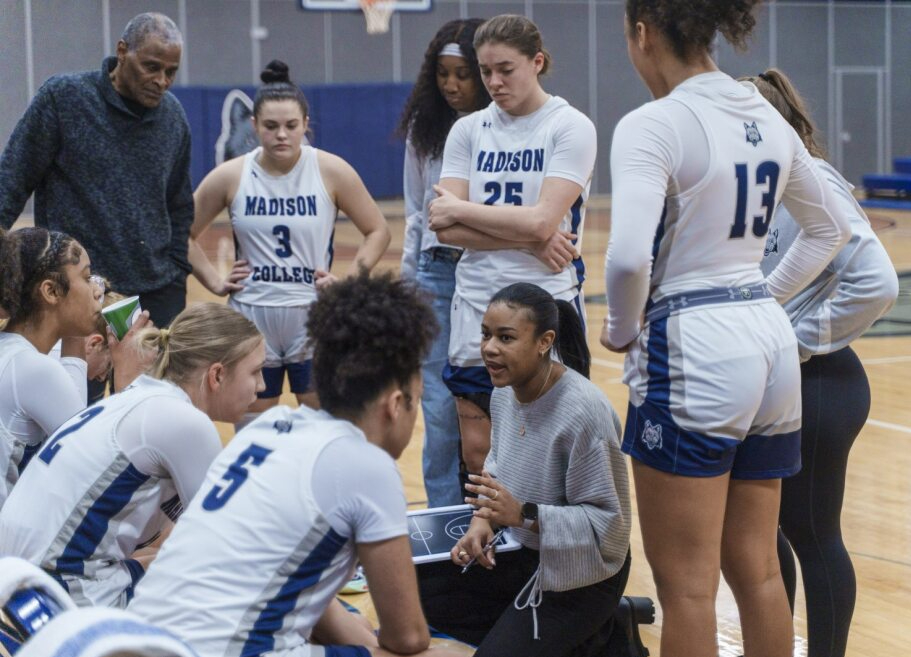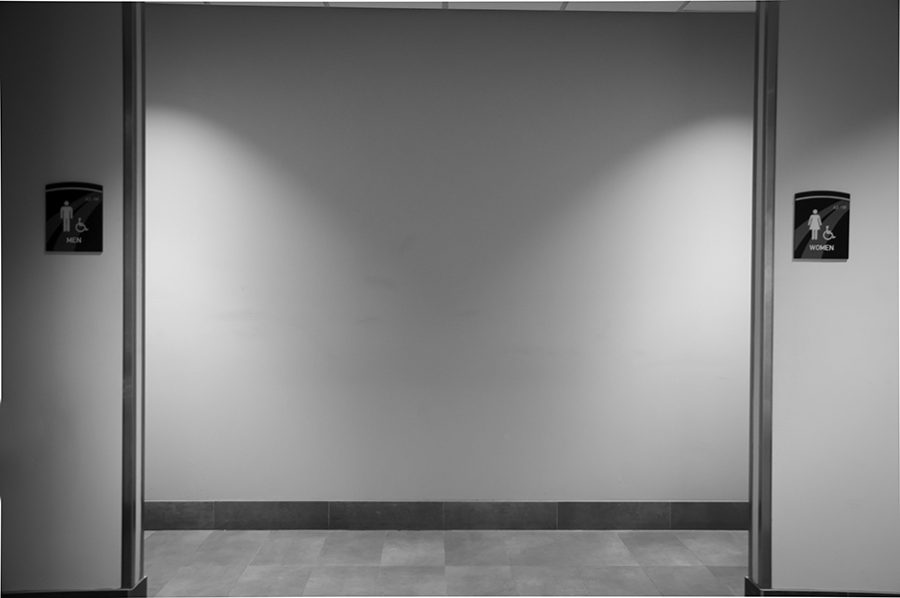Consequences of transgender bathroom bills
March 22, 2017
Thirty-one percent of transgender people report avoiding drinking or eating so that they do not need to use the restroom. According to a survey done by the National Center for Transgender Equity, additionally:
- 59 percent have avoided bathrooms in the past year because they feared confrontations in public restrooms, at work, school, or in other places.
- 24 percent had their presence in a restroom questioned.
- 12 percent report that they have been harassed, attacked, or sexually assaulted in a bathroom in the past year.
- 8 percent suffered from urinary tract infections (UTI) or other kidney-related illnesses due to avoiding restrooms.
I recently heard these statistics at a training on LGBTQ+ issues in Dane County. Frankly, I was shocked to hear this information. I knew that transgender people probably often feel uncomfortable using public restrooms, but I had no idea that so many would feel the need to avoid drinking and eating or end up contracting a UTI from avoiding the bathroom.
The presenter spoke of times when he himself did not use a restroom all day because he was traveling and unsure of the safety and comfort of a restroom. He also talked about the fact that he has a mental map of all the known safe restrooms near his home and workplace.
The same day I attended this presentation, President Trump rolled back the protections President Obama had put into effect to allow students at public schools to use the restroom that aligned with their preferred gender.
Hearing this news and reflecting on the statistics I had just learned, I felt sad and ashamed that the U.S. government would willingly cause people emotional and physical pain in order to preserve a false sense of security for the dominant culture. Transgender youth are already a population prone to suicide, depression, and homelessness. This decision from the Trump White House sent a message to transgender youth that they are not wanted, not understood, and not cared for.
I sincerely hope that individual school districts, municipalities, and states will continue to protect transgender people in restrooms, in schools and elsewhere. Thankfully, both the Milwaukee Public Schools and Madison Metropolitan School District have re-affirmed their commitments to keeping transgender students safe and allowing them to use the restroom of their preferred gender.
For the rest of us who cannot create policies protecting transgender bathroom rights, we need to be mindful of our power to make people feel safe in public restrooms. Next time you are unsure of someone’s gender or feel uncomfortable by their presence in your bathroom, please consider the discomfort of avoiding a restroom for an eight-hour work day. The discomfort of foregoing lunch or dehydrating yourself so you do not have to use the bathroom. The discomfort of suffering a UTI because you “held it” all day long. Compare this to the minor discomfort of uncertainty about someone using the same restroom as you and kindly mind your own business.
































